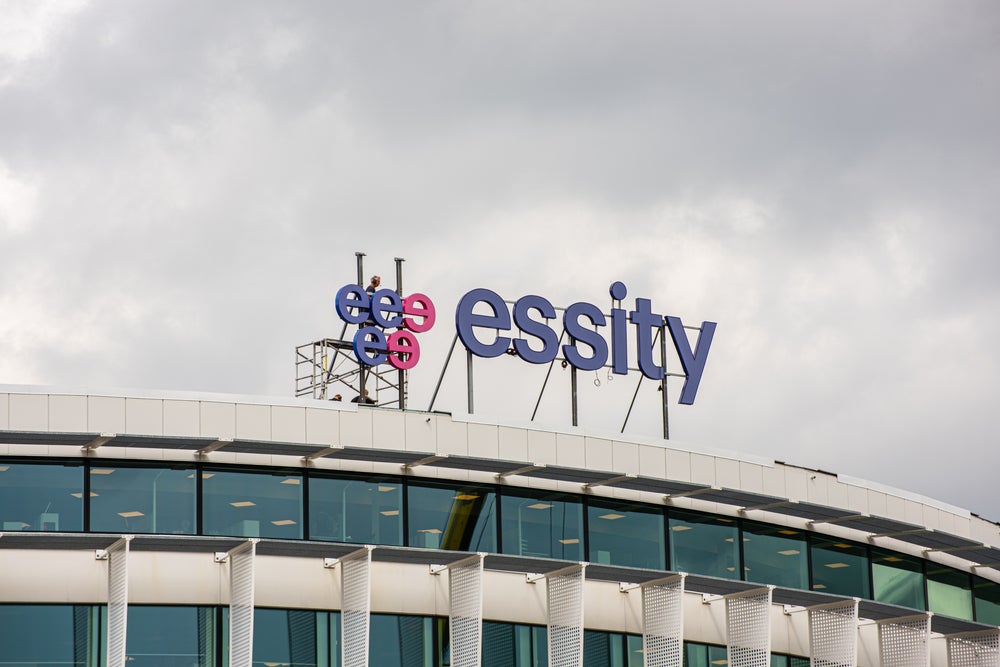
Hygiene and health company Essity has marked a significant milestone with the inauguration of the world’s first production line for professional hygiene tissue products using recycled food and milk packaging as the primary raw material.
The newly expanded facility in Hondouville, France, has boosted its recycling capacity by 40%, now recycling an impressive 25,000t annually. This amount is equivalent to 60% of all collected, sorted and recycled food and beverage cartons in France.
Since 2008, Essity’s Hondouville plant has been at the forefront of recycling paper fibre from food and beverage packaging in France.
The latest expansion underscores Essity’s commitment to sustainable practices and increased recycling capacity, contributing to a more environmentally conscious future.
Comprehensive recycling process
The enhanced recycling process at Essity’s facility in Hondouville is not limited to paper fibre alone. It also enables the recycling of nearly all materials within the packaging, including plastic and aluminium.
The recycled fibre raw material is then utilised in the production of tissue products under the Tork brand, reflecting Essity’s ongoing commitment to sustainability and environmental responsibility.
Essity’s dedication to resource optimisation and material reuse is evident in its overarching goal of achieving net-zero emissions by 2050.
This endeavour aligns with the company’s worldwide recycling initiatives, which extend beyond France. Essity has similar projects in Germany, the Netherlands, and, most recently, Ecuador, where it collaborates with fast food giant McDonald’s and ReciVeci to recycle paper cups.
The significance of collaboration in a circular society
Essity president global supply chain Donato Giorgio emphasised the importance of collaboration in achieving a circular society, stating:
“A truly circular society can only be achieved if there is integrated collaboration between all members of the value chain and our production plant in Hondouville is a role model in end-to-end circular economy. The production facility provides cost-efficient and sustainable production while we take important steps toward a world with zero landfill.”
France holds significant importance for Essity, as it is the company’s second-largest market in Europe. With around 2,300 employees and annual sales of SKr11.7bn, Essity manufactures and sells hygiene and health products under various well-known brands.







